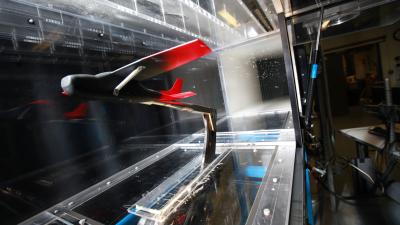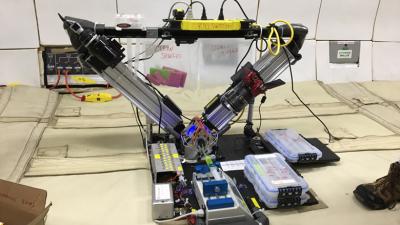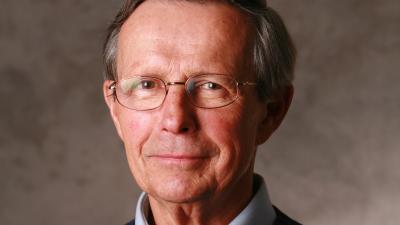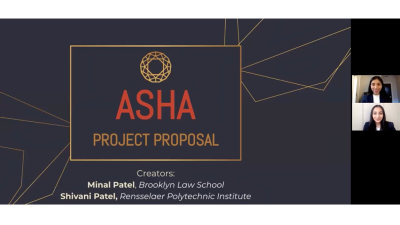Greater Aircraft Efficiency Sought Through Improved Air Flow Control Techniques
The way that air moves over, around, or under an aircraft can greatly affect its aerodynamics. When air flow separates from the wings of a plane, for instance, the change in pressure on the vehicle can reduce pilot control or cause the aircraft to stall out. The development of more effective air flow control techniques depends on a better understanding of flow separation that occurs around aircraft of different shapes and sizes.









